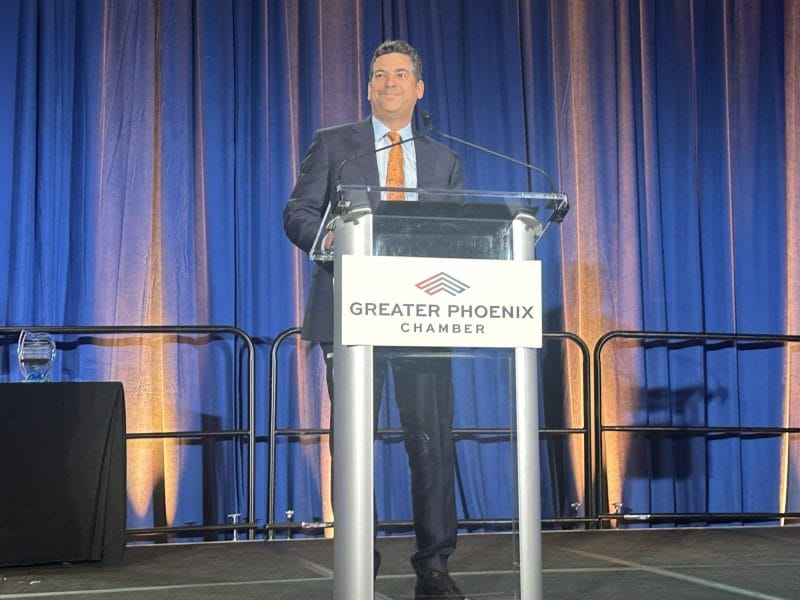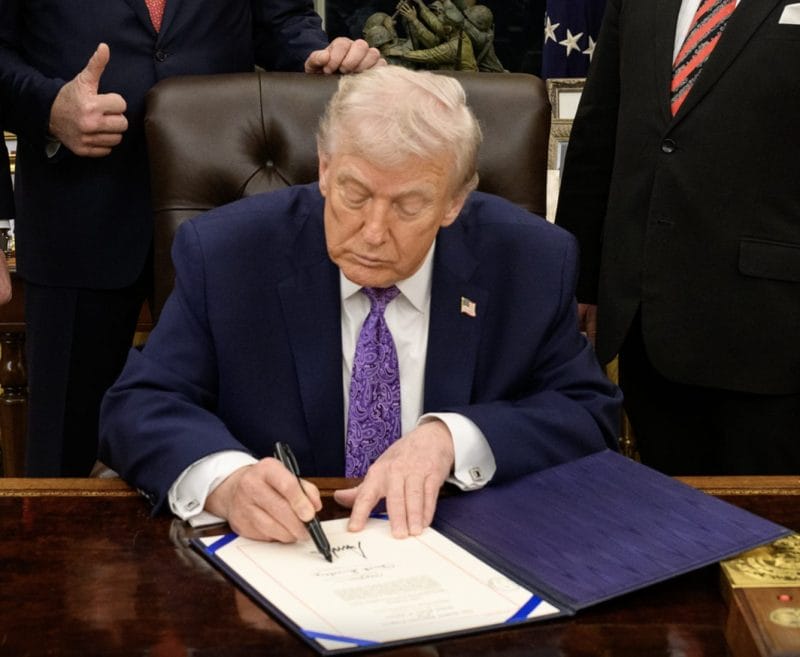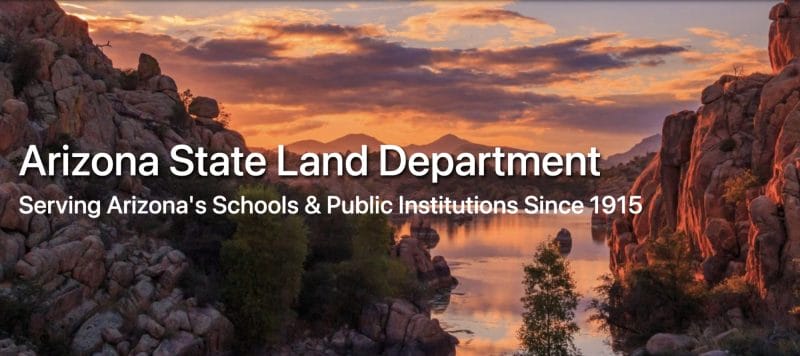 By Colton Gavin | Cronkite News Service
By Colton Gavin | Cronkite News Service
Supporters of the proposed Interstate 11 met Wednesday in Washington where they expressed optimism about the future of the long-discussed highway that could link Phoenix and Las Vegas – and possibly beyond.
The informal meeting of Arizona and Nevada lawmakers and officials was called to show support for the road and to help attract federal funding. While there is still much to be done, those at the session insisted that now is the time to start pushing.
“We want this to stand out on road maps,” said Kevin Biesty, assistant director of the Arizona Department of Transportation. “One of the largest gaps between major metropolitan cities without a road like this is between Phoenix and Las Vegas, and we can change that.”
The highway between the two cities is just one segment of the larger Intermountain West Corridor, which could one day be a new interstate route from Mexico to Canada.
Arizona and Nevada are currently in the middle of a jointly funded $2.5 million study aimed at determining all the options for how the road could be designed and how far it could reach. While a lot of the focus is on Phoenix and Las Vegas, ADOT spokeswoman Laura Douglas said the study is also looking beyond the two metro areas.

“We want this multiuse interstate to reach from border to border across Arizona,” Douglas said in a telephone interview Wednesday. Ultimately, she said, the road could “extend through Las Vegas and reach Canada.”
Douglas called the proposed I-11 an opportunity to connect regional markets together more tightly for the benefit of the economy.
Those benefits were echoed at Wednesday’s meeting in the Capitol by Rep. Paul Gosar, R-Prescott, who agreed that investing in the road would help improve the economy not only for Arizona but for the nation. He expressed support for the highway and pledged to work with others to secure federal funding.
Other officials pointed to the meeting itself as evidence that interested parties are pulling together for the highway.
“It’s not very often that states agree on how they might spend each other’s money,” said Nevada Department of Transportation spokeswoman Tracy Larkin-Thomason, pointing to the current planning study the two states have funded.
“A lot of this has come from grassroots efforts from Arizona over the past 15 years,” she said.
Douglas said she expects the current study to wrap up by the end of this year and sees Wednesday’s meeting as a chance to continue the conversation and raise awareness for future funding. But there are still years of planning ahead.
“After the study is finished, the next question will be how to fund the NEPA (National Environmental Protection Act) process and showing how this interstate could affect the environment,” Douglas said. “Drafting the environmental impact statement will cost $60 million.”
Douglas said there is no set timetable for when construction will begin but says the conversation is ongoing and the website for the current study is still receiving feedback in its “get involved” section.







